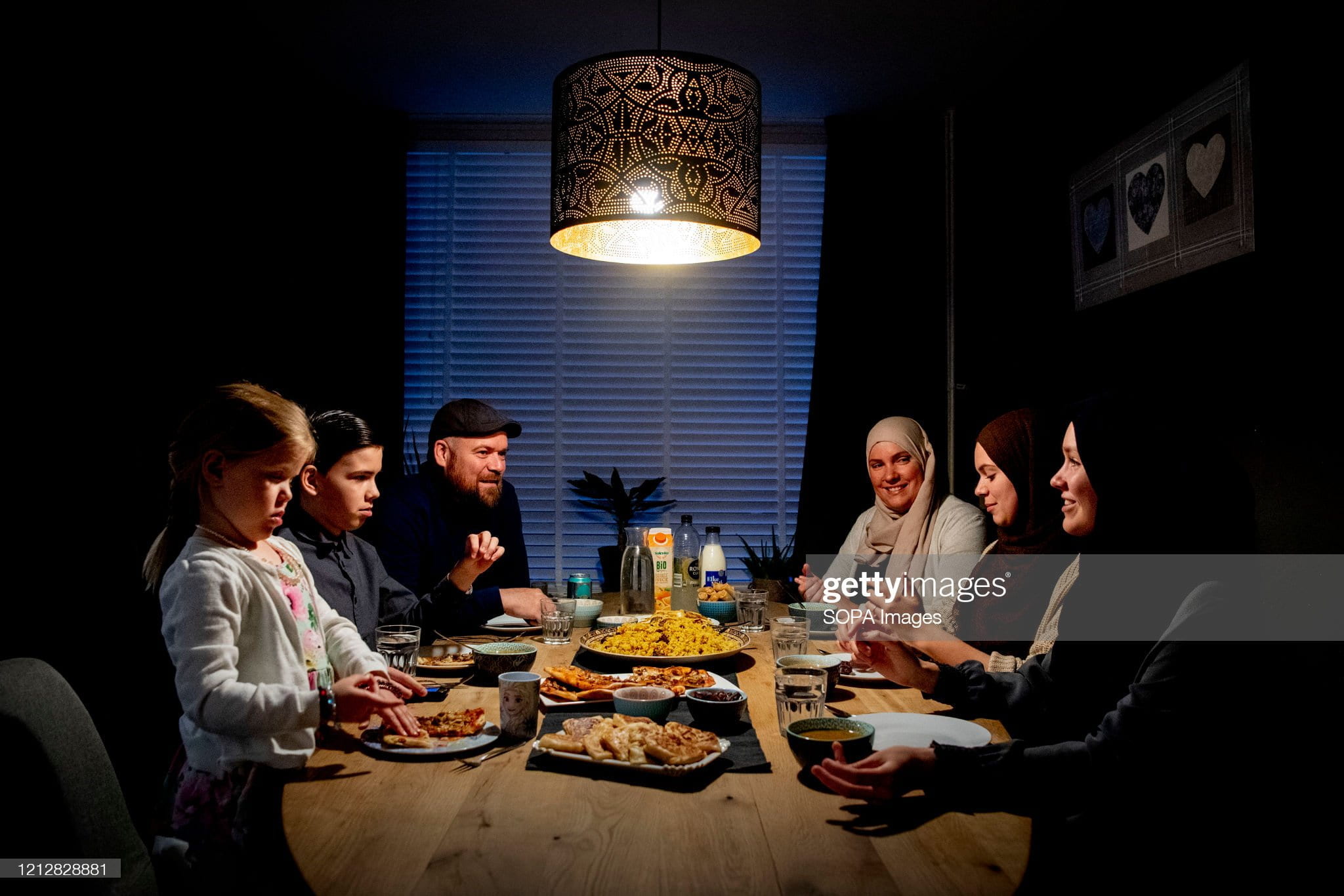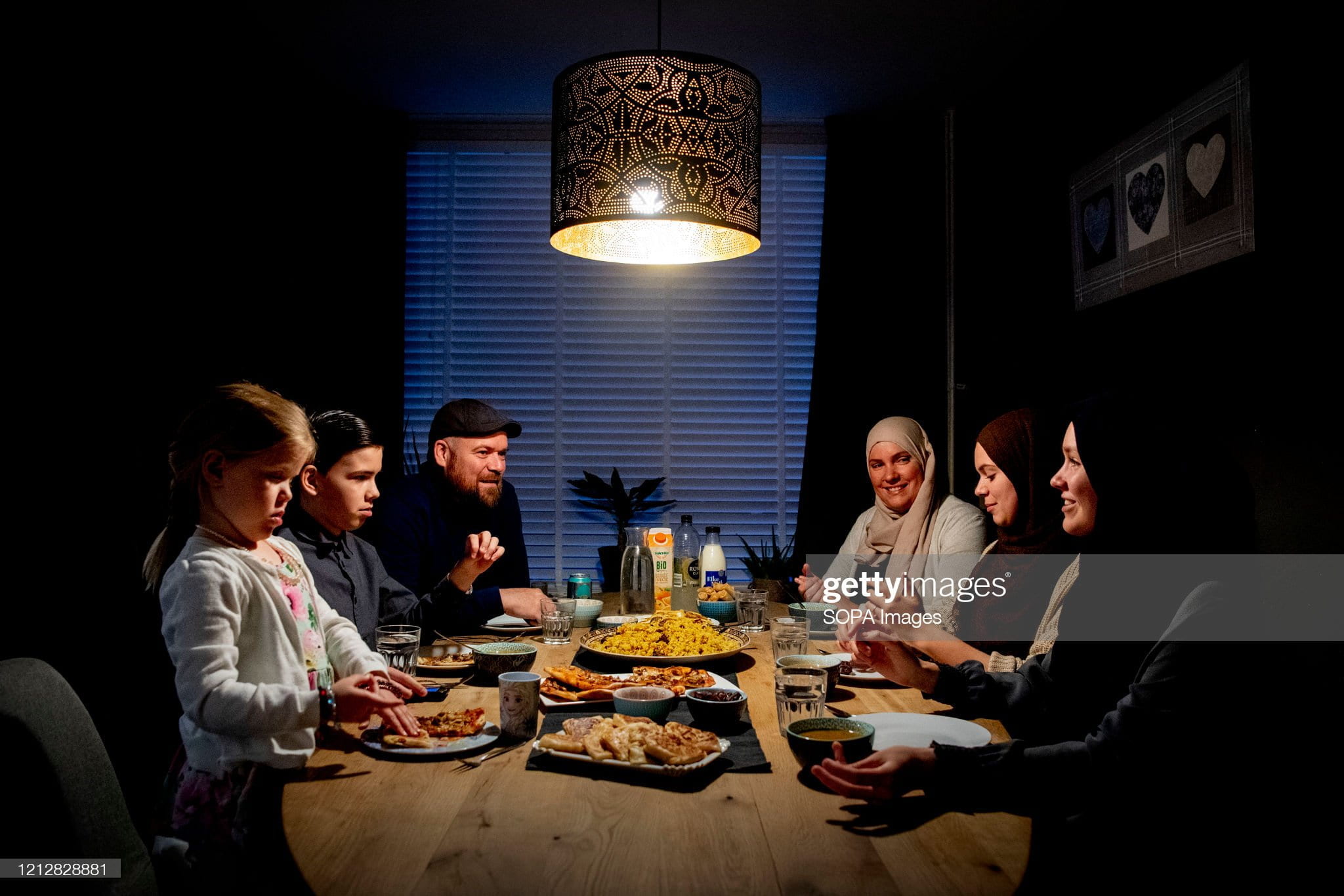Maya Mohan – North Bureau Chief
Ramadan is the ninth month of the Islamic Lunar Calendar, and it is one of the Five Pillars of Islam. It can range from 29 to 30 days. The dates shift every year since Ramadan follows the Hijri (Lunar) Calendar.
It is a time of worship where Muslims around the world fast from sunrise to sunset, or more specifically, from first prayer “Fajr” to fourth prayer “Maghreb.” Muslims fast from all food, drinks and even water.
According to Malak Sakallah, President of the Muslim Student Association Council of Broward Schools (@msabrowardcouncil), “During this month, a lot of us like to read the Qur’an which is the Holy Book. Many of us finish it during this month. A lot of us set goals for ourselves to improve spiritually and as a person in general.”
Ramadan is also about establishing a deeper connection with Islam and oneself, Muslims take the time to further understand and appreciate the religion. During Ramadan, Muslims have a special meal before and after each day of fasting with family or friends. Prefast eaten before sunrise are known as “Suhur.”
“Iftar” is the meal eaten after sunset to break the day’s fast. According to Sama Mansour, the Event Coordinator of The Muslim Student Association on North Campus, “the reasons for fasting are many, but the most prominent of them is the feeling of the poor and those who do not have food, and the appreciation of the blessing of food.”
Another aspect of why Muslims fast during Ramadan is to teach patience and self-control, as Malak Sakallah stated, “you’re training a person to be patient because you’re abstaining from something your life depends on for a certain period of time.” It teaches control because in addition to fasting, you are also abstaining from negative behaviors such as trash talking, lying, or even cursing.
According to Sama Mansour, “we celebrate the coming of Ramadan, some people put up decorations because we are happy to start a month full of worship.”
The celebration takes place after the month of Ramadan in the Muslim Holiday “Eid.” After the end of Ramadan, Muslims give part of their money to the poor. The amount is calculated based on the number of family members in their household and their material income. This is called “Zakat” and it is also one of the Pillars of Islam and obligatory if the Muslim family can afford to give.
According to Sama Mansour, “the Zakat has specific rules for the amount of money we give, how we give it, to whom we give, and for who should give it because not all Muslims are of the same income status. The money is given to help others in need because in humanity, we are all brothers and sisters.”
When asked “How do you think we can educate more people about Islam and its core values?” Sama Mansour responded with, “most people take the wrong idea about Islam from the media. To better educate people about it, they should take information from the right sources.” Explaining the different aspects of Islam will give people a better understanding of the religion and why Muslims partake in certain actions, worship and prayer.
Malak Sakallah responded with, “to better educate people, we need to tell them not to believe everything they see in the media. Also, do your research with sources that are unbiased. We need to encourage people to get firsthand responses from those who practice the religion.”
To get a better understanding of Islamic literature and verses, make sure to read everything with context to avoid any misconceptions. Don’t be scared to ask Muslims about Islam if you want to learn more about it, as Malak Sakallah stated, “I personally love when people ask me about my religion, it makes me feel fulfilled and happy because I get to clear a lot of misconceptions they may have.”

Rotterdam, Netherlands. Images Image courtesy of Getty Images
moham23@mail.broward.edu
